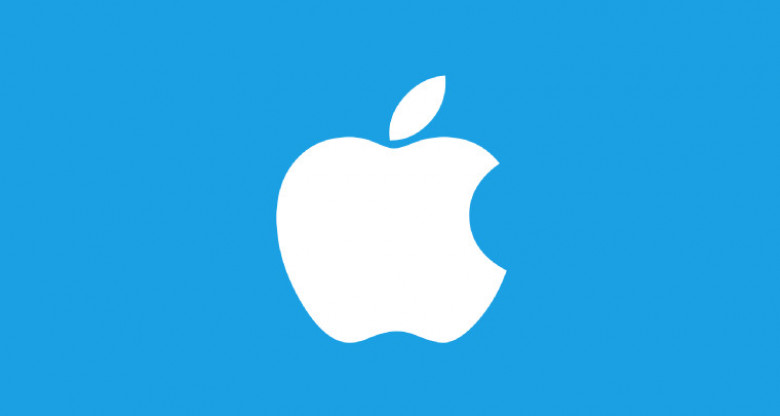An Epic Crack in Apple’s Walled Garden

On Friday, after a contentious legal battle over Apple’s alleged monopoly power over the iOS ecosystem, a California judge snipped the tug-of-war rope between Apple and Epic Games. Both sides can claim some victory. Epic Games must pay over $3.5 million to Apple after violating its developer agreements by circumventing its payment processor. And Apple must change its App Store rules to allow developers to use other payment systems—a blow to Apple’s iron grip on the iOS ecosystem.
Although both companies leave the lengthy trial with their own shreds of success, the fabric of Apple’s App Store could be forever changed. Soon, App Store users could have a bounty of options to pay developers for their digital products—including, perhaps, some that don't charge those developers a commission.
The $100 billion global market for mobile gaming is considered the most lucrative frontier for the games industry. Apple’s share of that market is huge—over 55 percent, the court found. Much of that market power comes from Apple’s vertical integration of its systems: the Apple iPhones, the Apple App Store, and the Apple iOS operating system. If their apps are approved by Apple, developers have a platform to reach almost a billion iPhone users. But in exchange they have been required to use the company's payment processing service for most digital transactions. What Epic took issue with, loudly and vigorously, was the 30 percent commission Apple skimmed off these purchases—what the Fortnite developer called a “monopoly tax.”









































































